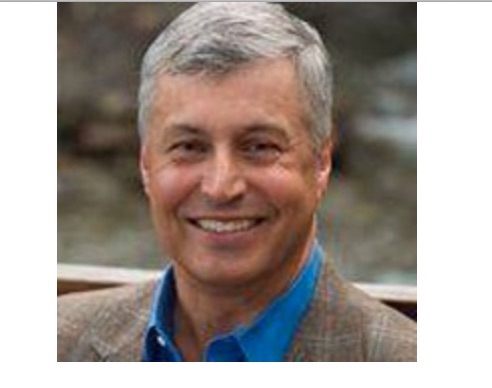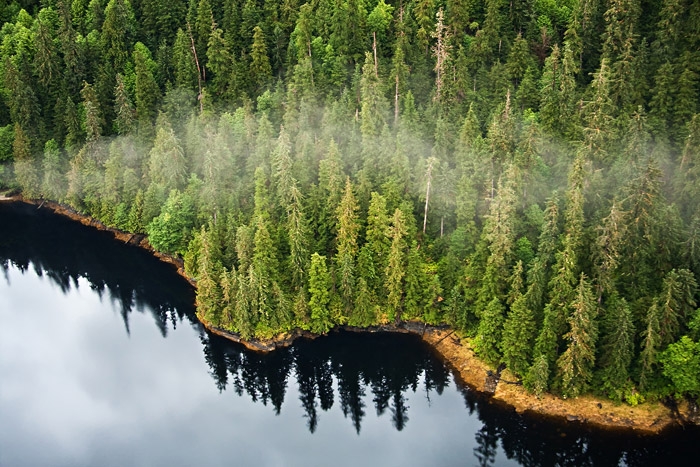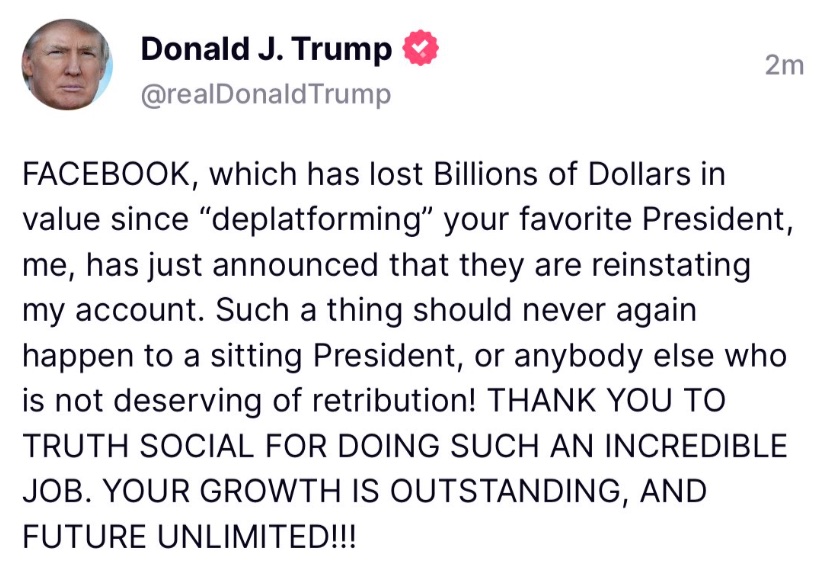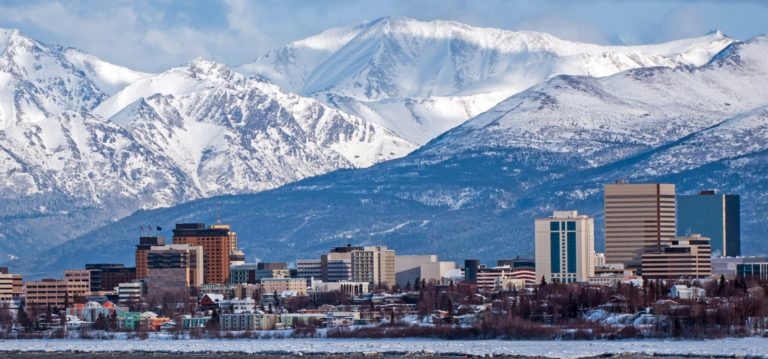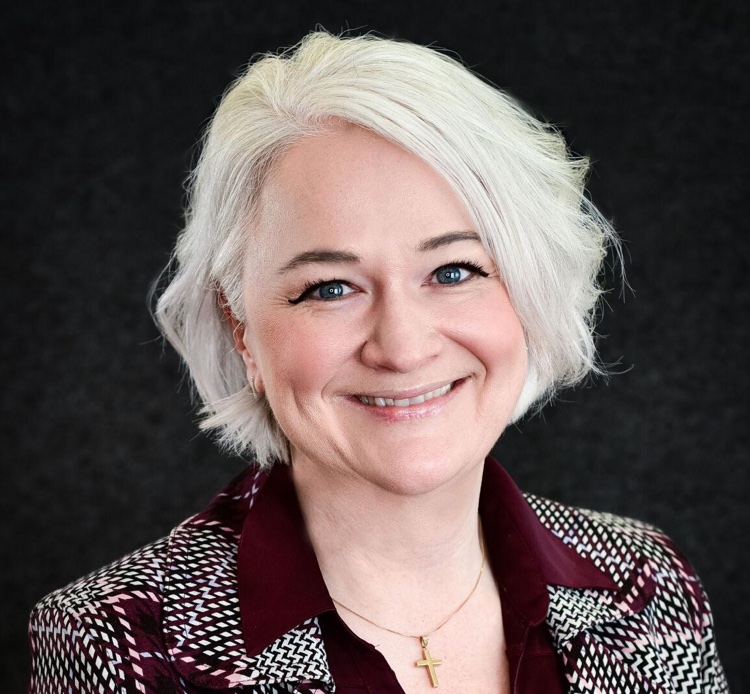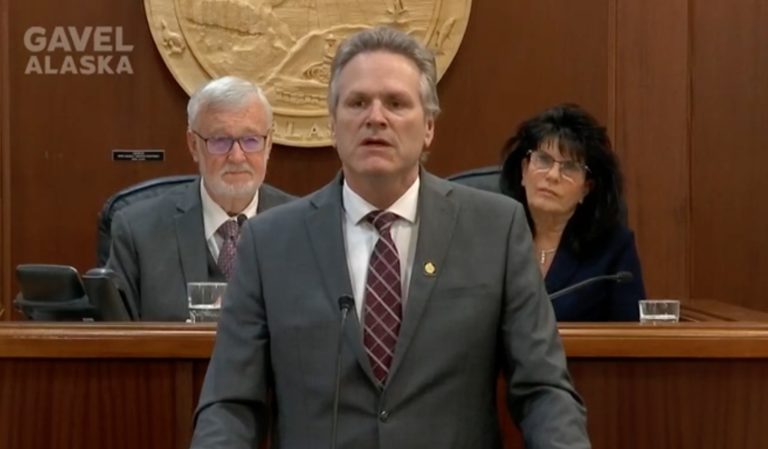By MICHAEL TAVOLIERO
My column, “The crime and tragedy of passive grooming and indoctrination,” highlights the growing practice of sexual grooming and the loss of innocence among children in Anchorage, Alaska.
Despite the publication of the column on Nov. 20, 2021, in Must Read Alaska, little action has been taken by Alaska’s and Anchorage’s political and prosecutorial leadership to establish a policy against sexual grooming, as well as enforce current state law.
The protection of Anchorage’s greatest asset is paramount. Without the protection of our children, our society will spiral down the drain into chaos.
Some parents, who endeavor to overcome bureaucratic and political opposition, have taken action to ban certain types of literature from libraries accessible to children, but the problem persists.
The Anchorage mayor, Assembly members, and school board members all swore an oath that implicitly requires the best of their abilities to protect the welfare of Anchorage’s children, yet we have seen no efforts by state or local politicians or prosecutors to enforce laws against the exploitation of minors. Are Anchorage’s politicians and prosecutors cowards?
There has also been a lack of engagement and response from the religious leaders in the community to address this issue. Here is the perfect opportunity for these “leaders,” yet we have seen little to nothing from any of the church, synagogue and other religious leadership in our community stand up against this. Are Anchorage religious leaders cowards?
The public continues only to witness the sexual grooming and destruction of the innocence of Anchorage’s children even when publications like MRAK and other conservative news programs focus the light on this evil.
In the meantime, some of Anchorage’s public employees nefariously and clandestinely promote the further destruction of Anchorage’s future.
This is truly sick, evil and unlawful.
We have seen little to nothing being done by the Anchorage School District in establishing a no-sexual-grooming policy.
We have seen no state or local prosecutorial effects to enforcement State law.
Suzanne Downing’s article of January 24, 2023, “Smoking gun! Records show teachers, librarians collaborate to get graphic, instructional gay lit. to kids,” claims “Through a public records request, the parent activist found that, although the graphic gay-sex book ‘Gender Queer’ is now out, teachers and librarians in the district have been collaborating to get more of these instructional books in kids’ hands.”
And, “The evidence is clear from emails that the books were indeed being fast-tracked at Steller. The trove of email communications that has been uncovered included a note from a school librarian, saying that she would work quickly to get more gay-agenda books to the teacher, adding, ’If I act fast you could use them.’”
Alaska Statutes 11.41.436 and 11.41.455 describe the circumstances that define the felony of unlawful exploitation of a minor:
AS 11.41.436:
(a) An offender commits the crime of sexual abuse of a minor in the second degree if…
(4) being 16 years of age or older, the offender aids, induces, causes, or encourages a person who is under 16 years of age to engage in conduct described in AS 11.41.455 (a)(2) – (6);
*and* the offender occupies a position of authority in relation to the victim.
Alaska Statute 11.41.455 graphically describes the kinds of sexual activities the minor may be induced into performing by the exploitative adult who is grooming them. As we know, the process of grooming a child for future exploitation begins slowly, the perpetrator often starting by showing the child pornographic materials.
That statute is cited fully below.
AS 11.41.455. Unlawful Exploitation of a Minor.
(a) A person commits the crime of unlawful exploitation of a minor if, in the state and with the intent of producing a live performance, film, audio, video, electronic, or electromagnetic recording, photograph, negative, slide, book, newspaper, magazine, or other material that visually or aurally depicts the conduct listed in (1) – (7) of this subsection,the person knowingly induces or employs a child under 18 years of age to engage in, or photographs, films, records, or televises a child under 18 years of age engaged in, the following actual or simulated conduct:
(1) sexual penetration;
(2) the lewd touching of another person’s genitals, anus, or breast;
(3) the lewd touching by another person of the child’s genitals, anus, or breast;
(4) masturbation;
(5) bestiality;
(6) the lewd exhibition of the child’s genitals; or
(7) sexual masochism or sadism.
(b) A parent, legal guardian, or person having custody or control of a child under 18 years of age commits the crime of unlawful exploitation of a minor if, in the state, the person permits the child to engage in conduct described in (a) of this section knowing that the conduct is intended to be used in producing a live performance, film, audio, video, electronic, or electromagnetic recording, photograph, negative, slide, book, newspaper, magazine, or other material that visually or aurally depicts the conduct.
(c) Unlawful exploitation of a minor is a
(1) class B felony; or
(2) class A felony if the person has been previously convicted of unlawful exploitation of a minor in this jurisdiction or a similar crime in this or another jurisdiction.
(d) In this section, “audio recording” means a nonbook prerecorded item without a visual component, and includes a record, tape, cassette, and compact disc.
Suzanne Downing has begun to identify these individuals, as seen in her article exposing some of them. Are there many more?
The public must demand that the individuals, who are responsible for this wicked crime, be identified and prosecuted to the fullest extent of the law.
Do I have an “Amen!”
Michael Tavoliero is a senior writer at Must Read Alaska.
